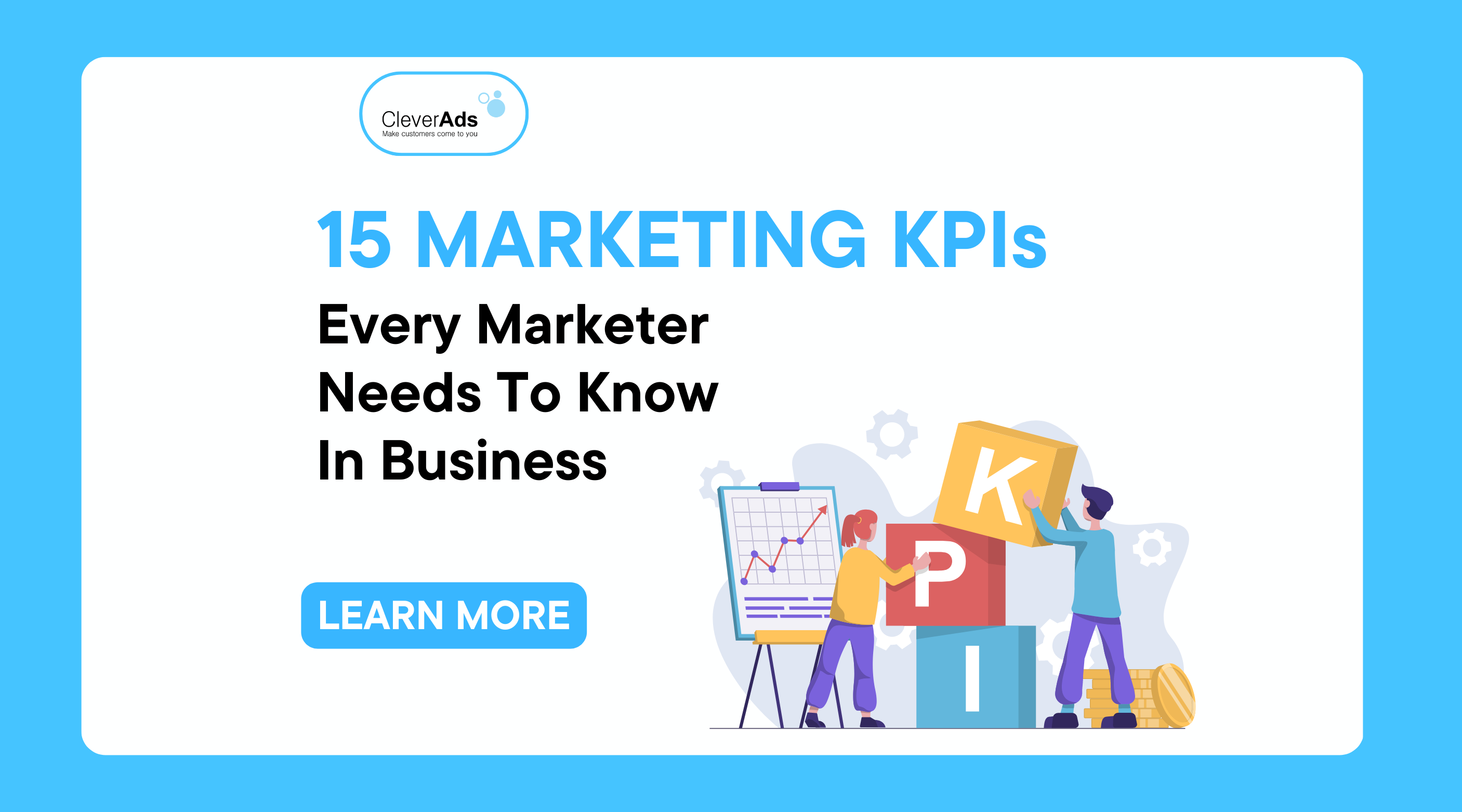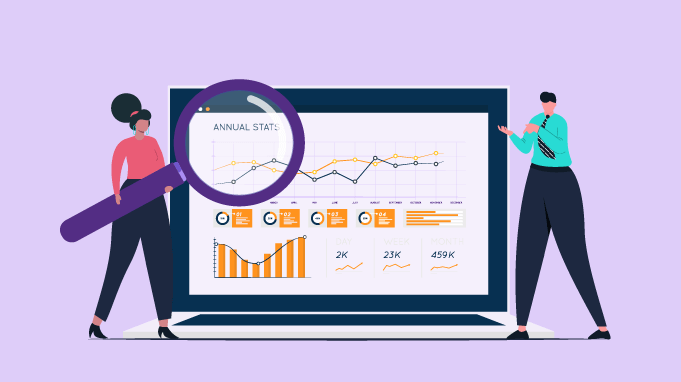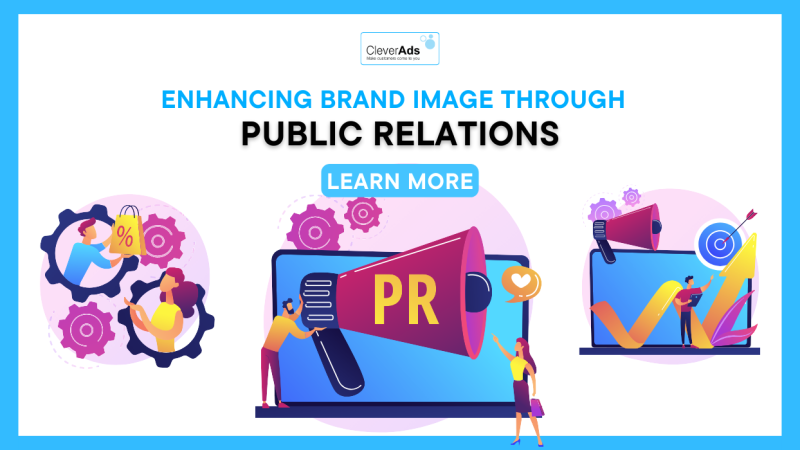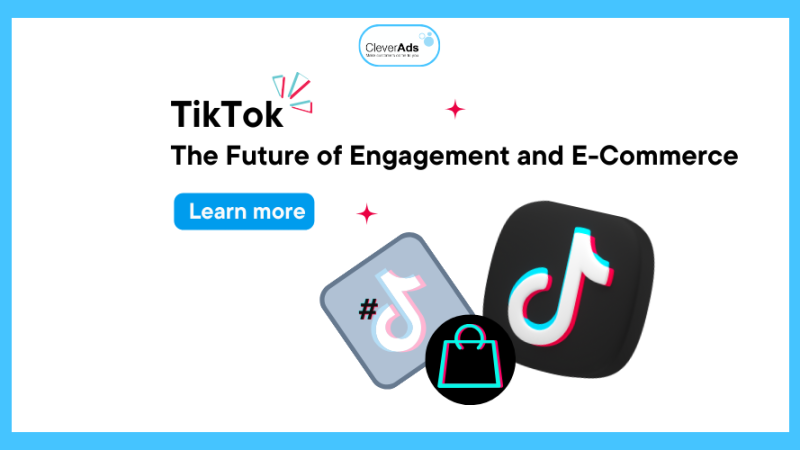15 Marketing KPIs Every Marketer Needs To Know In Business

As a marketer, you need to use key performance indicators (KPIs) to measure the success of every marketing activity. In this article, let’s learn about KPIs and the 15 most valuable KPIs for businesses in marketing.
What are KPIs?
KPI (Key Performance Indicator) is a key performance indicator that measures how well your company is performing to achieve a particular goal. There are KPIs for every aspect of your business, whether it’s finance, marketing, sales, or operations.
A KPI is a measurable metric that measures overall performance over time. Businesses often analyze and report KPIs by creating digital dashboards (dashboards) in their automation software. After we understand what KPIs are, let’s explore some examples of KPIs in marketing with CleverAds.

15 KPIs Marketers must know
1. Customer Acquisition Cost
Customer Acquisition Cost (CAC) measures the amount of money needed to convert a lead into a customer. This metric can be used to improve your marketing as it helps you make important budget decisions.
For example, you don’t want to spend too much money to get a customer if it’s not profitable. This metric helps businesses decide how much money to spend to attract customers.
2. Customer Lifetime Value
Another metric that can help determine how much a business should spend on marketing is Customer Lifetime Value (CLV). This metric shows the total revenue a company can expect to earn from a customer over their lifetime.
This is a valuable metric to compare with CAC. For example, if your CAC is higher than your CLV, you spend too much money to acquire your customers.
3. Return on Investment
Return on Investment refers to the amount of money you earn compared to marketing costs.
To calculate this, you subtract marketing costs from the revenue growth and divide that amount by marketing expenses.
In marketing, it is not easy to attribute sales growth to a marketing campaign.
Marketing ROI = (Sales Growth – Organic Sales Growth – Marketing Costs) / Marketing Costs

4. Return on Ad Spend
Return on Ad Spend (ROAS) is a specific KPI you can use to determine the success of your advertising campaigns.
This metric measures the revenue generated for each amount you spend on an advertising campaign. This indicator is usually a ratio.
For example, you earn VND 100,000 for every VND 10,000 spent on an advertising campaign. That means your ROAS for that campaign is 10:1.
5. Marketing Qualified Leads (MQL)
The MQL is a potential customer already engaged with your company and can become a buy-in if you nurture the relationship with that customer.
This is a great KPI to measure because it helps the marketing department in the business understand how many leads they are bringing in.
Additionally, compared to Sales Qualified Leads (see below), the marketing department can measure how many MQLs become SQL and actual customers.
6. Sales Qualified Leads (SQL)
If an MQL is properly nurtured, they will eventually become Sales Qualified Leads. SQL is a prospect ready to chat and discuss with someone in your company’s sales department. Usually, these leads have been researched and reviewed by the marketing department.
This KPI is beneficial because it can help the marketing department know how many potential customers are coming to discuss with the sales department.
7. Increase Followers
As a marketer, one of your duties might be managing your company’s social media accounts. One of the KPIs you should keep an eye on is the growth of your followers.
One of many businesses’ most crucial social media goals is to increase brand awareness and audience engagement. Follower growth is a great way to measure success for those goals.
You might consider running paid campaigns to expand your community of followers further. One brand grew its usual follower count 36 times a day in 4 days, running a series of sponsored posts on Instagram, increasing followers by 18.15%.
8. Conversion Rate
Conversion Rate is the percentage of visitors who complete an action you want. That action can be anything from completing an online form to signing up for a service or buying a product. This is a useful KPI to track as it can tell you how successfully you attract leads.
For example, if the action you direct customers to take is to fill out an online form, measuring conversion rates can tell you that your website is converting fewer leads than you’d like. If that’s the case, then start rethinking your strategy.
9. Website Visitors (Visitors)
Getting people to your company is one of the most important goals for a marketer. A great way to do this is to attract website visitors.
Website traffic is an important KPI as it can help track the success of several campaigns.
For example, if you’re tracking your website’s organic traffic, you’re measuring the effectiveness of your SEO team.
On the other hand, if you’re tracking web visitors from social media, you can use website visitor metrics to see how many referrals social media sites drive to your site. Friend
10. Social Media Engagement
One of the most critical factors in marketing is social media. One of the key KPIs for these platforms is user engagement.
You can track likes, shares, comments, messages, tagging, or mentions. Any way a potential customer interacts with you, you can count as engagement. Measuring engagement can help you analyze the success of your social media posts.

11. Referral Traffic
Referral traffic is a KPI that can help you understand where your web visitors are coming from.
This is the KPI you should track because it helps you understand how most people find your company. This can be helpful information when building an overall marketing strategy.
12. Net Promoter Score (NPS)
Net Promoter Score is a way to measure customer satisfaction. This KPI measures the likelihood that a customer will recommend your product or service to a friend or relative.
As you calculate your NPS, it’s a good idea to spend more time looking at customer comments and reviews about your business. This metric can give you insights and direct customer feedback.
As a marketer, listening to your customers and truly understanding them is essential. This KPI will help you do just that.
13. Organic Traffic
SEO is an essential factor in measuring effectiveness in businesses. You need to track KPIs regarding organic traffic and keyword performance to do that.
An SEO tool lets you see how your company ranks on search engines for specific keywords. This KPI is also the foundation to help you build an SEO strategy and increase the overall organic traffic for your brand.
14. Number of people attending the event
Attendance is one of the critical metrics for an event, whether in-person or online. Event attendance data will help businesses track the effectiveness and attractiveness of pre-event promotion activities. It will help you set more realistic and grounded goals and expectations for subsequent events.
15. Customer retention
While you may think that customer retention is not a marketing KPI, it is a significant factor.
Customer retention is a practical and useful KPI to track. The reason is that customer retention information can be used in the messaging of marketing campaigns. For example, why they keep buying from you will help you develop a more compelling marketing message, which in turn helps increase sales and profits. Additionally, this metric helps you better understand your customers so you can do better marketing with them.

Conclusion on KPI
In the above article, CleverAds has helped you understand the definition of KPI and listed 15 important KPIs that every marketer needs to know. Ultimately, KPIs are essential because they are how marketers measure marketing success. You need to use KPIs in almost every situation as you will need to track the success of your campaigns, both short-term and long-term, for your business.


